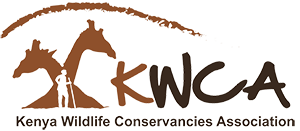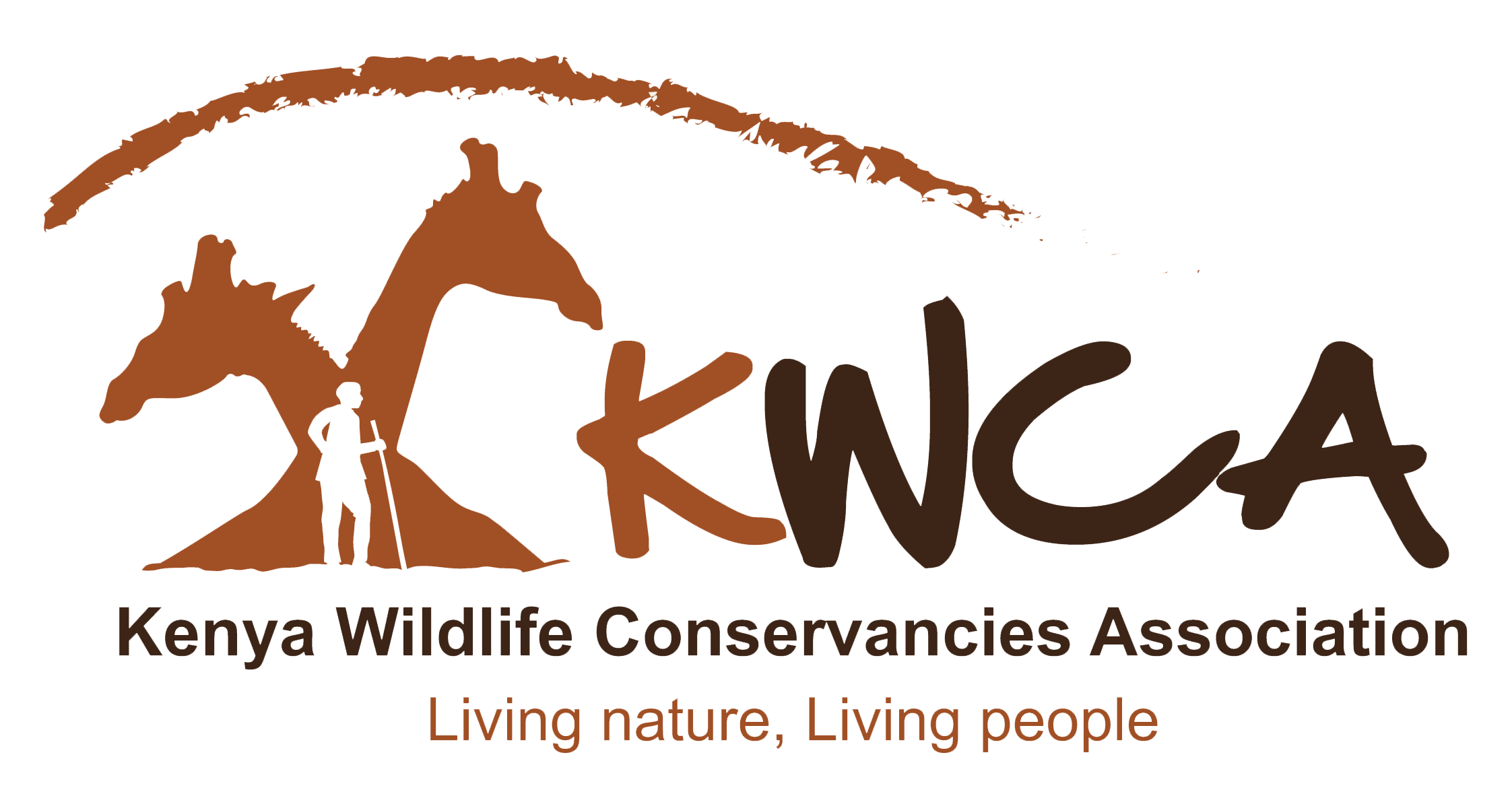Introduction
Access to land and natural resources is essential for the survival and prosperity of communities and indigenous people under the community land regime. Community lands in Kenya account for about 70% of Kenya’s landmass, mainly occurring in the rangelands and arid and semi-arids areas. The optimal productivity of the communally owned lands in Kenya, has over the years been compromised by insecure and inadequate land tenure rights, a free-for all approach to land land-use even by non-community members, unstructured land use and minimal value attached to resources on community land.
The Wildlife Conservation and Management Act 2013 recognizes wildlife conservation as a land use. Subsequently, the Wildlife conservancy model in Kenya, has evolved within communally held lands, accounting for about 60% of the conservancies in the country. The conservancies have developed to integrate other compatible land uses including livestock management, tourism and carbon businesses, agriculture, mining, social infrastructure and human settlement. The mixed land use model in conservancies necessitates proper land use planning to minimize land use conflicts, promote land productivity, enable inclusivity of all community members and their needs, and facilitate effective land management.
Land-use planning is recognized as a key tool to encourage better management of natural resources and as a basis for local development in Kenya. There are several land use planning instruments in Kenya, relevant at national, county and community levels. The Community Land Act 2016, establishes the requirement for land use planning for community land. Section 19 of the Act provides that a registered community may, submit to the County Government a plan for the development, management and use of the community land administered by the registered community for approval.
KWCA has been championing for strengthened community land rights including the need to develop participatory land use plans. This is core in empowering communities prioritize their land use needs, promote harmony among the different land uses, enable ownership of resources and their use and promote community resilience to external factors including third party interests and climate change impacts.
Objectives, Principles and Scope of Assignment
The overall objective of this consultancy is to support:
- Development of two land use plans for two select community conservancies in 2 different regions of Tsavo & Garissa
- Facilitate completion of 1 land use plan already in development in South Rift region
The assignment of developing the land use plans will involve:
- Pre-Planning Phase:
- Conduct a feasibility study for this assignment in the 3 select conservancies to define the planning area;
- Collaborate with the specific Community land management committee members (CLMCs) of the 3 community lands in carrying out free prior and informed consent for the assignment
- Land use plan initiation and plan development. This will include:
- Acquisition of relevant basic information about the area: land resources, present land use, infrastructure, population, land tenure, social structure, institutions etc
- Establish the goals
- Make a preliminary identification of problems and opportunities
- Identify constraints to implementing improvements
- Establish the criteria for making decisions on particular lands
- Land use plan approval by community
The participatory community land use planning shall take into consideration physical, socio-economic, legal and cultural factors, as well as traditional knowledge and any prevailing official planning processes. The process will also factor any conservation, environmental or heritage issues relevant to the development, management or use of the land; and consider any environmental impact plan pursuant to existing laws on environment. The plans shall consider community needs for reservation of areas for special uses including: farming, settlement community conservation areas, access and rights of way, cultural and religious sites, grazing, and urban development and any other use identified by community. This assignment shall be guided by the following principles:
- Strategic and Practical: the planning to have a long-term perspective to community development
- Evidence-based: the planning be based on systematic research and surveys, rigorous data analysis and interpretation
- Practical: the planning shall be able harness existing, emerging and potential opportunities, while being practical to community needs
- Participatory: the planning shall adequately involve community members throughout the entire process while adhering to community assembly rules
- Negotiations and amicable dispute resolution: the planning shall aim at resolving disputes arising out of the planning process amicably, taking into consideration the traditional dispute resolution systems.
Consultancy Deliverables
- Inception report: a report defining approaches and tools and work plan to be used in conducting the assignment
- Feasibility report on the land use planning process
- Comprehensive land use plans endorsed by the respective communities
Required Competencies
KWCA seeks to contract a consultant with the following qualifications/expertise:
- Proven technical knowledge and adequate experience in conservancies, community-based conservation, or natural resource governance;
- Advance skills in Spatial Planning, Geographic Information Systems, Natural Resource Management or related fields. Further specialization in Wildlife Management, Social sciences, Economics;
- At least 5 years’ experience in land use planning and consulting on biodiversity and/or community based natural resource management;
- Analytical skills and capacity to generate quantitative and qualitative data and information;
- Creative writing, communication and presentation of information and data
- Flexible working schedules and availability to be in the field when required
Submission of Proposal
The proposal should demonstrate sound knowledge, technical skills, and capacity as required by the nature of work of the assignment and understanding of the requisite tasks set forth in the scope of work.
Such proposal shall outline the following:
- A brief overview of the consultant’s understanding of the objectives and scope of work.
- Methodology and Approach for conducting the assignment.
- A proposed timeline, including key milestones.
- Budget breakdown, including fees and expenses.
- Curriculum vitae (CVs) or profiles of key team members and their relevant experience.
- Samples of previous work that demonstrate the consultant’s ability to deliver high quality Plans.
Interested persons should submit proposal to: [email protected] before 7th November, 2023.
Posted on

